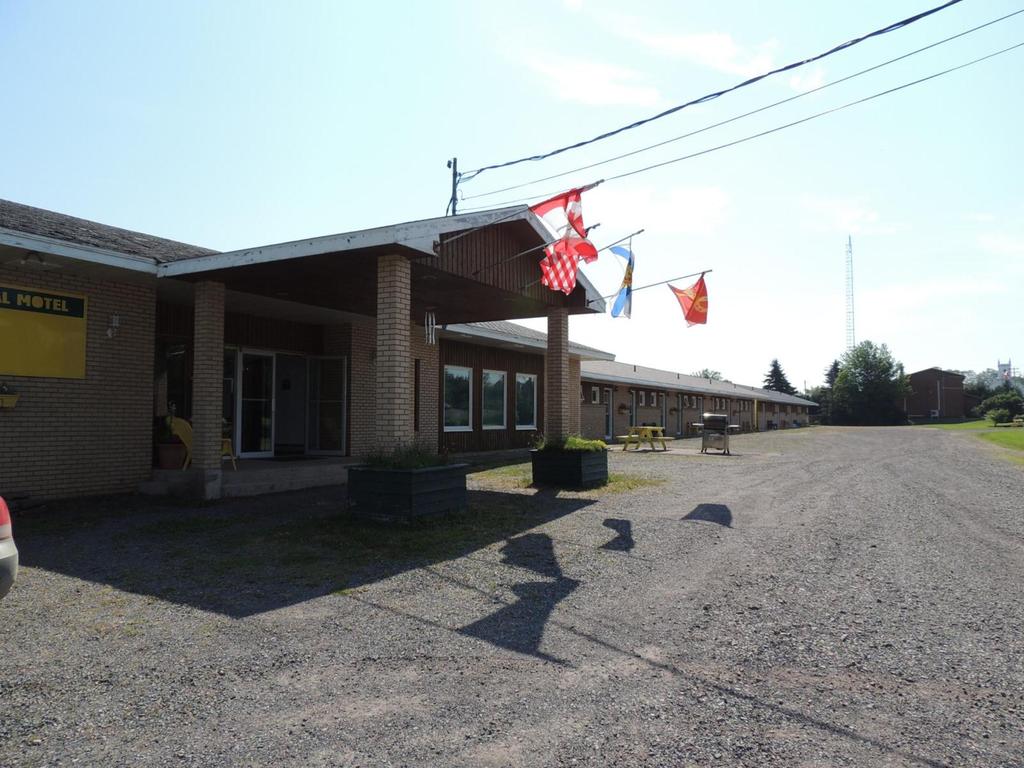Where to find us

Nova Scotia is one of the three Canadian Maritime provinces which also includes New
Brunswick and Prince Edward Island. Located in eastern Canada, it is almost completely surrounded by the
Atlantic ocean. It is the second smallest province with a total of 55, 284 square kilometers, and a population
arround 1 million. It is the second most densely populated region with 17.7 people per square kilometer.
There is no place more than 56 kilometers away from the sea. Nova Scotia is known for is friendly inhabitants,
tasty seafood, beautiful coastlines and idyllic lake landscapes. The capital is Halifax.
Interesting Informaions about Nova Scotia you'll find Here
Interesting Informaions about Nova Scotia you'll find Here
Tatamagouche is a quaint little village located on the warm waters of the
Northumberland Straight, the coast that faces Prince Edward Island. It is 50 kilometers north of
Truro, 50 km west of Pictou. 36 km east of Pugwash and 86 km east of Amherst. It is located 120 km
from the Halifax airport.
The Balmoral Motel is located on the main street at the western edge of the village of Tatamagouche, otherwise known as the Sunrise Trail or highway #6. The motel has 18 drive up motel rooms. Directly across from the motel is the Foodland grocery store, otherwise it is easy walking distance to the village center where you will find various eating establishments, a pharmacy, a post office, a bank, and other shops.
The Balmoral Motel is located on the main street at the western edge of the village of Tatamagouche, otherwise known as the Sunrise Trail or highway #6. The motel has 18 drive up motel rooms. Directly across from the motel is the Foodland grocery store, otherwise it is easy walking distance to the village center where you will find various eating establishments, a pharmacy, a post office, a bank, and other shops.

A little history of the area
Tatamagouche is situated at the junction of the French and Waugh Rivers, on the Northumberland shore, or more commonly referred to as the north shore which faces Prince Edward Island. It was once an important part of the territory of the Indigenous People, the Mi’kmaq, inhabiting a territory that encompassed all of the Maritime provinces, part of Quebec and part of the New England states for thousands of years. The word Tatamagouche is a Mi’kmaq word meaning the meeting of two rivers. It was one of the principal routes used by the Mi’kmaq when travelling from PEI to southern Nova Scotia. The most obvious indication of Mi’kmaq occupation is the name “Tatamagouche” itself. It is thought to refer to the meeting or crossing of the French and Waugh River at the right angles. Another theory is that the name comes from a Mi’kmaq word meaning “dam” or “sea wall”. This could refer to the sand bar at the mouth of the two rivers. With colonization, the region first became inhabited with French settlers, known as the Acadians who tended to live in harmony with Native Peoples. Next saw British settlers move into the area becoming the new home for many Scottish family clans. There are many things to see and do: swim in the ocean on beautiful beaches, play a round of golf, ski or snowboard at a local ski hill.
Tatamagouche is situated at the junction of the French and Waugh Rivers, on the Northumberland shore, or more commonly referred to as the north shore which faces Prince Edward Island. It was once an important part of the territory of the Indigenous People, the Mi’kmaq, inhabiting a territory that encompassed all of the Maritime provinces, part of Quebec and part of the New England states for thousands of years. The word Tatamagouche is a Mi’kmaq word meaning the meeting of two rivers. It was one of the principal routes used by the Mi’kmaq when travelling from PEI to southern Nova Scotia. The most obvious indication of Mi’kmaq occupation is the name “Tatamagouche” itself. It is thought to refer to the meeting or crossing of the French and Waugh River at the right angles. Another theory is that the name comes from a Mi’kmaq word meaning “dam” or “sea wall”. This could refer to the sand bar at the mouth of the two rivers. With colonization, the region first became inhabited with French settlers, known as the Acadians who tended to live in harmony with Native Peoples. Next saw British settlers move into the area becoming the new home for many Scottish family clans. There are many things to see and do: swim in the ocean on beautiful beaches, play a round of golf, ski or snowboard at a local ski hill.